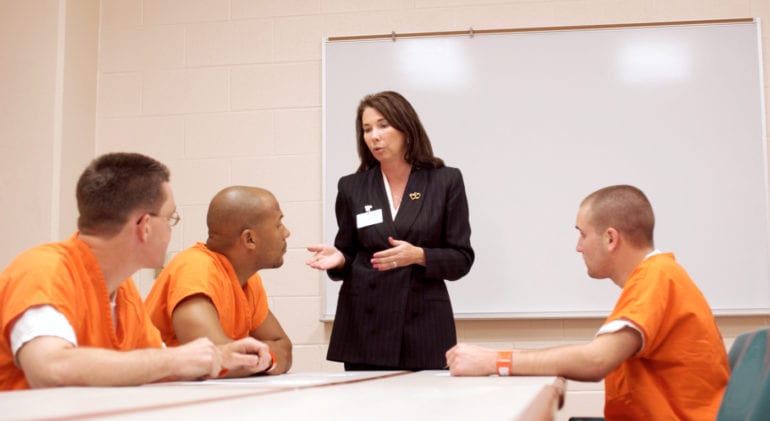Criminology is a broad field of study that prepares students for roles in the criminal justice system, corrections, social work, law enforcement, and more. Criminology not only tackles the solving of crimes but also aims to understand where, how, and why crime happens. In fact, a key element of criminology is understanding what motivates criminals to commit crimes.
This article discusses how positivist theory has influenced the study of crime and criminals.
Criminology as a Field of Study
Criminology is a social science focused on the study of crimes and criminal behavior. Using psychological and sociological principles, criminology students develop the skills to address and prevent crime.
As a criminology graduate, you can pursue a career as a criminal lawyer, forensic psychologist, probation officer, social worker, or corrections officer, or a role in the government or private sector that deals with solving crimes.
A criminologist’s job is to find out what motivates crimes and criminals with the aim of preventing their reoccurrence. To guide this mission, different schools of thought have been developed to help frame and analyze what causes crime and the best way to prevent it. One of those schools of thought is positivism.
Request infoPositivism in Criminology
The positivist school of criminology emerged in the 19th century as a contrasting idea to the classical theory of crime. The classical school of criminology posited that individuals commit crimes because of their selfish desires and that crime is a product of free will.
Positivism in criminology, on the other hand, links crime to external or internal influences placed upon individuals and attributes the reason people commit crimes to these factors.
This school of thought creates a relationship between criminal behavior and the psychological or sociological traits of the offender. For example, the positivist theory will link a crime to the lack of parental care rather than the calculated decision of the offender.
Historically, the positivist theory of crime has been approached in two ways:
-
Individual positivism
Individual positivism links criminal behavior with psychological factors in the offender. In this school of thought, criminologists believe psychiatric or personality conditions present in an individual are at the root of crime. Therefore, psychological could help mitigate criminal behavior.
-
Sociological positivism
Sociological positivism mainly focuses on how certain social factors of an individual’s life can lead to a higher propensity for crime. These factors can include economic, political, familial, and more. Criminologists who follow this school of thought may be more likely to mitigate crime through social reform.
Take your learning further: degrees in criminology
Find out more about the different schools of thought in criminology by furthering your education in the field. If you have an interest in criminology and you want to play a part in minimizing crime, the first step is to earn a degree.
The Chicago School offers a B.A. in Criminology, Forensic Psychology Specialization. This program is a full-time, four-year degree designed to prepare you for a career in criminal justice and criminology across a wide range of sectors.
Request more information about this program and by filling out the form below or apply today.

